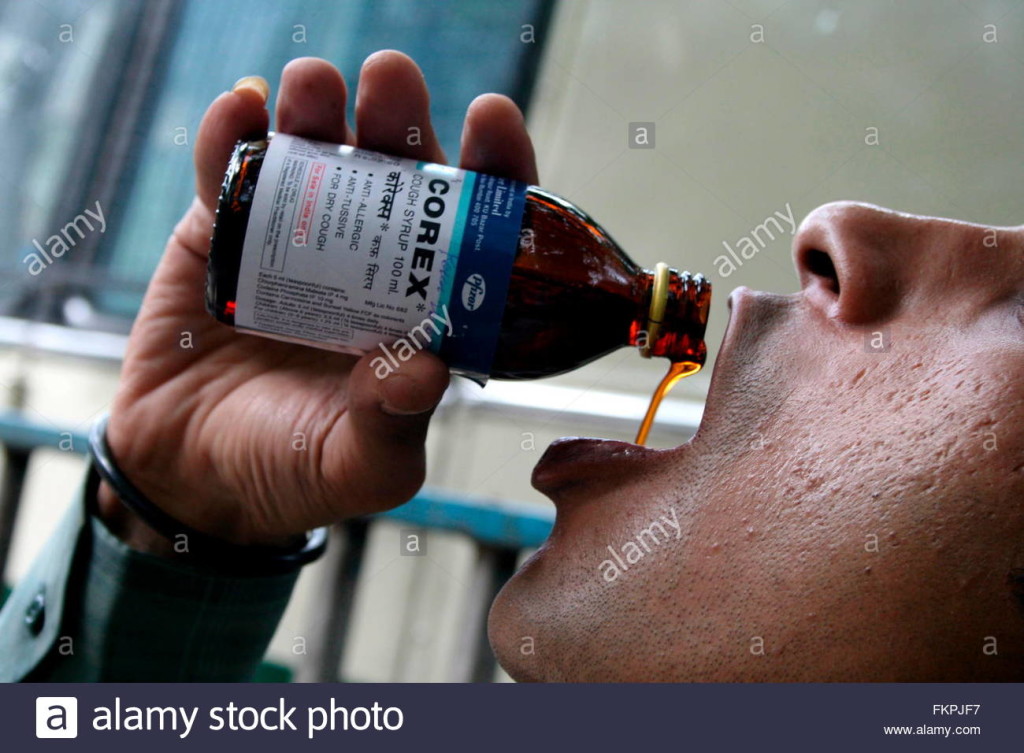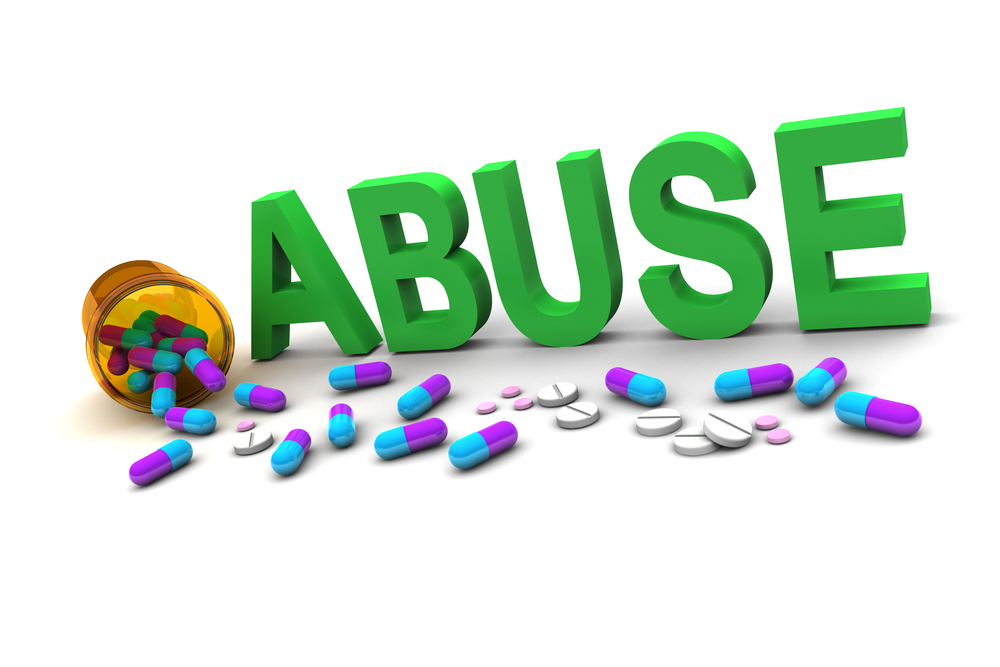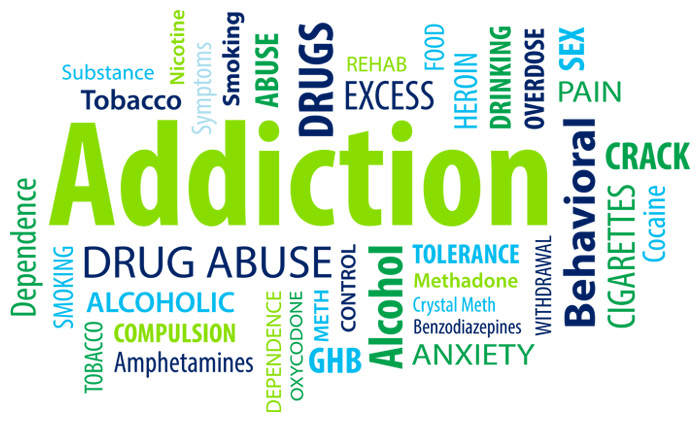Robo-Tripping: Dangers of Teens Abusing Cough Medicine
Understanding dangers of abusing cough medicine.
Abuse of cough medicine often known by a street name; Robo-tripping, is becoming popular among teens. Found in both syrup and tablet form, children, as well as teenagers are fond of taking the medicine in larger amounts so as to change the way they feel. Your kid can adopt such behavior from school or at home while hanging out with his or her peers.
At first, he or she won’t be doing this to get some relief, but to impress his or her friends. With time, he or she will get addicted to it and will do anything to access the drug. Sadly, cough medicine unlike all other illegal drugs legal, meaning that they can access it easily without raising eyebrows.
The drug consists of an ingredient called Dextromethorphan that works best to keep away coughs. However, if taken in large amounts, it might do more than just treating your cough. According to experts, taking the drug for a long time will lead to addiction.
Research findings from National Institute of Drug show that up to 48,000 students that include a good number of 12th graders abuse the drug which they can easily access in a chemist shop or via doctor’s prescription. Unfortunately, most of them take up to 50 times the required dose so as to experience their desired feelings.
What Are The Risks?
Taking a cough medicine is just as lethal and unacceptable as the use of any other illegal drug. Depending on the dosage taken, the effects may vary. According to some teens, it is one of the mildest stimulants. They also claim that it can cause hallucinations and many other effects similar to other illegal drugs.
These effects can last up to 6 hours. In the meantime, abusers risk injuring themselves or others. But this will only happen if the dosage is taken beyond what is prescribed. Other effects may include, abnormal heartbeat, headaches, numbness, seizures, nausea. Unconsciousness or even worse, death. Among the most common culprits according to authorities are schools.

Symptoms to watch out for
- Blurred vision
- Slurred speech
- Hallucinations
- Numbness in toes and fingers
- Dizziness
- Vomiting and more
The best way to deal with cough medicine abuse is to avoid it. It is important for parents to talk to their kids more often to prevent them from using the drug wrongly. Letting your children know the dangers earlier discourages them from adopting the behavior. Involving a counselor might also work.
Because your kids might still be growing, it is always important to watch out each and every step they take to ensure that they are not using anything that may harm them. Cough medicine and other medicines are not exempted. The moment, you realize they are using the drug medicine wrongly, it is important to act immediately. Confront them if you can so as to find out what they have been using and why. Let them know the effects and dangers. Remember, prevention is better than cure.









